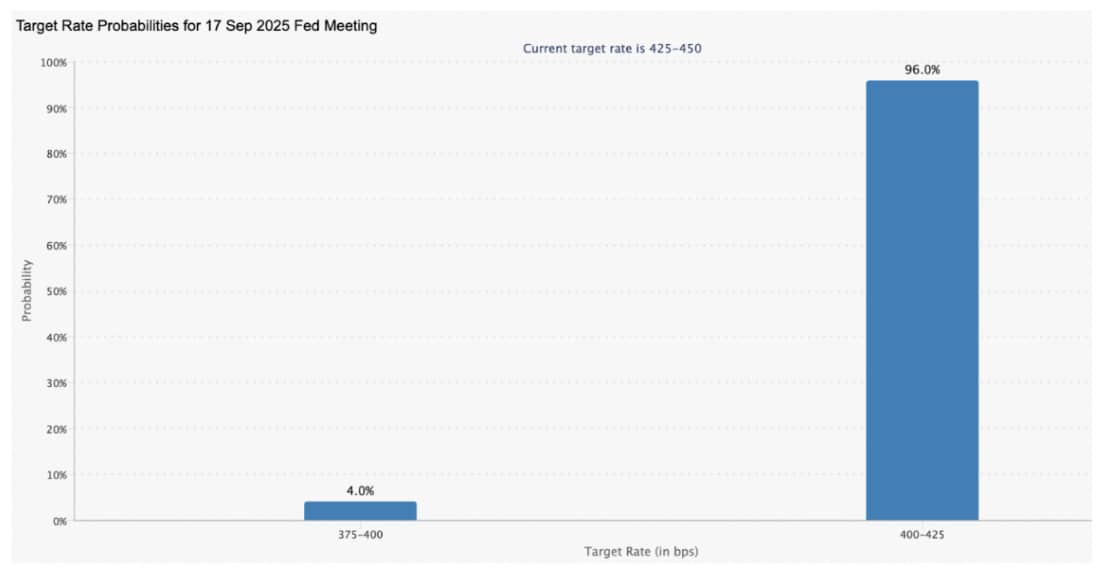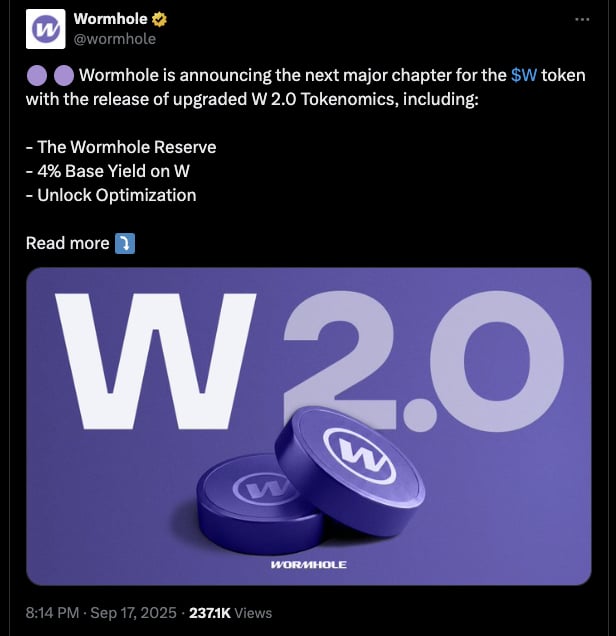Could This Finally Regulate Stablecoins?
The post Could This Finally Regulate Stablecoins? appeared on BitcoinEthereumNews.com. The Senate may vote on the GENIUS Act by Wednesday following the filing of cloture motions. The GENIUS Act establishes the first national regulatory framework for stablecoins in the United States. Amendment 2307 introduces a bipartisan substitute that reshapes the original bill to gain wider support. Senate proceedings moved swiftly Monday as the GENIUS Act entered its final legislative phase. Senate Majority Whip John Thune filed cloture on both the amendment and the bill. Pending debate completion under Senate rules, the vote could occur as early as Wednesday. The cloture filing activated a 30-hour countdown for structured debate. Senators now have a limited time to raise objections or propose procedural delays. If the measure clears cloture, the Senate will proceed to final votes. The GENIUS Act has drawn bipartisan support over months of negotiation. Lawmakers from both parties have shaped its stablecoin regulatory framework. The bill now reflects input from finance, technology, and banking stakeholders. GENIUS Act Amendment Sets Reserve Standards Amendment #2307, offered by Senator Hagerty, introduces key revisions to the original GENIUS Act text. It creates separate oversight pathways based on an issuer’s stablecoin market value. Issuers under $10 billion may opt into a state-based regime. Meanwhile, issuers exceeding the $10 billion threshold must comply with a federal regulatory framework. This split aims to balance innovation support with national financial oversight and respond to concerns from both fintech firms and regulators. The amendment also addresses reserve standards and transparency requirements. Stablecoins must hold 1:1 reserves in U.S. dollars or liquid short-term assets. Issuers must submit monthly public attestations to ensure operational integrity. Interest and Foreign Stablecoin Restrictions Gain Ground The bill prohibits stablecoins offering interest, aiming to limit competition with bank deposits. Banking institutions pushed for this clause during private negotiations. Lawmakers included it to preserve traditional banking…

The post Could This Finally Regulate Stablecoins? appeared on BitcoinEthereumNews.com.
The Senate may vote on the GENIUS Act by Wednesday following the filing of cloture motions. The GENIUS Act establishes the first national regulatory framework for stablecoins in the United States. Amendment 2307 introduces a bipartisan substitute that reshapes the original bill to gain wider support. Senate proceedings moved swiftly Monday as the GENIUS Act entered its final legislative phase. Senate Majority Whip John Thune filed cloture on both the amendment and the bill. Pending debate completion under Senate rules, the vote could occur as early as Wednesday. The cloture filing activated a 30-hour countdown for structured debate. Senators now have a limited time to raise objections or propose procedural delays. If the measure clears cloture, the Senate will proceed to final votes. The GENIUS Act has drawn bipartisan support over months of negotiation. Lawmakers from both parties have shaped its stablecoin regulatory framework. The bill now reflects input from finance, technology, and banking stakeholders. GENIUS Act Amendment Sets Reserve Standards Amendment #2307, offered by Senator Hagerty, introduces key revisions to the original GENIUS Act text. It creates separate oversight pathways based on an issuer’s stablecoin market value. Issuers under $10 billion may opt into a state-based regime. Meanwhile, issuers exceeding the $10 billion threshold must comply with a federal regulatory framework. This split aims to balance innovation support with national financial oversight and respond to concerns from both fintech firms and regulators. The amendment also addresses reserve standards and transparency requirements. Stablecoins must hold 1:1 reserves in U.S. dollars or liquid short-term assets. Issuers must submit monthly public attestations to ensure operational integrity. Interest and Foreign Stablecoin Restrictions Gain Ground The bill prohibits stablecoins offering interest, aiming to limit competition with bank deposits. Banking institutions pushed for this clause during private negotiations. Lawmakers included it to preserve traditional banking…
What's Your Reaction?







































